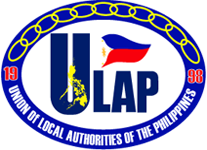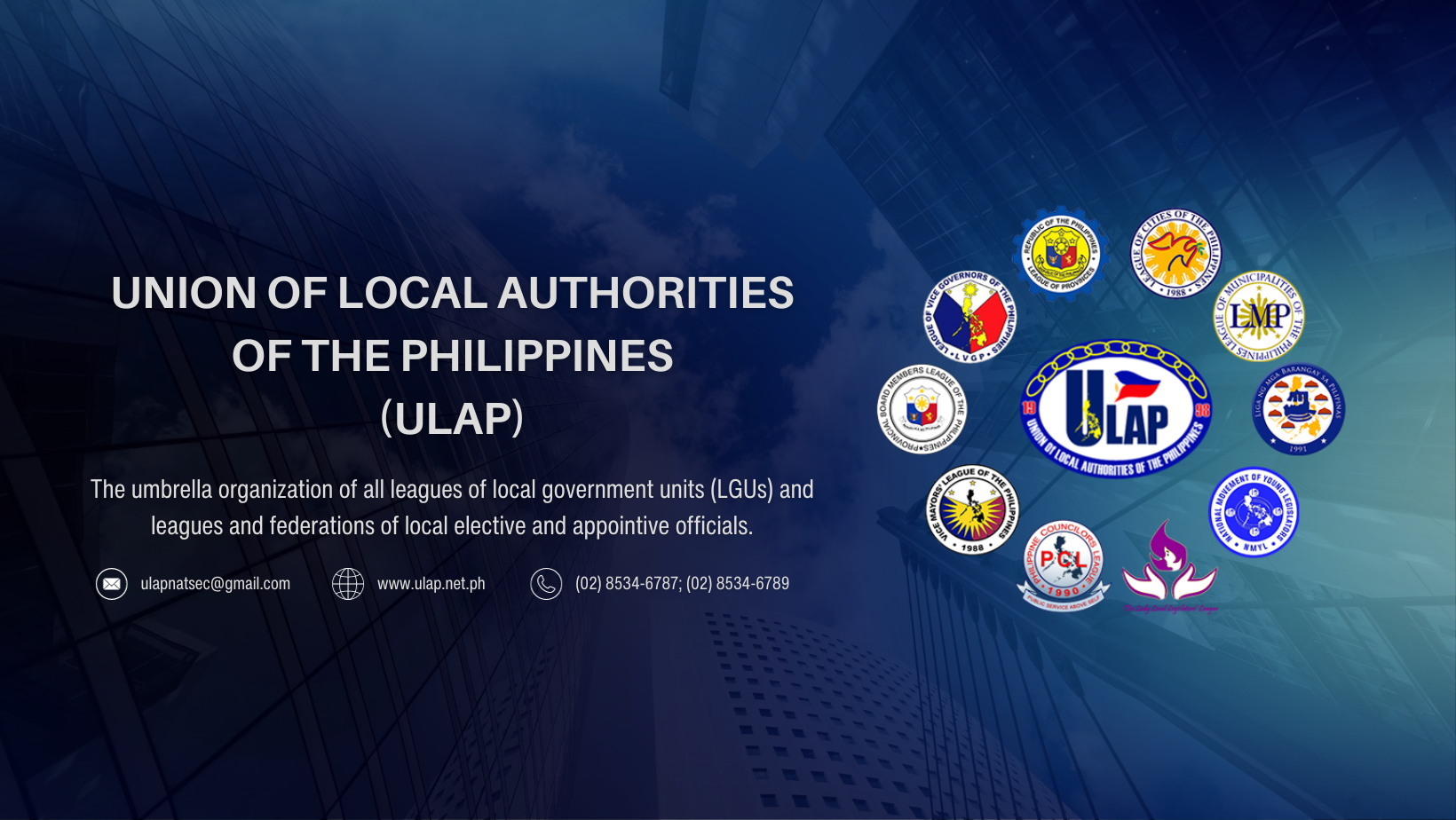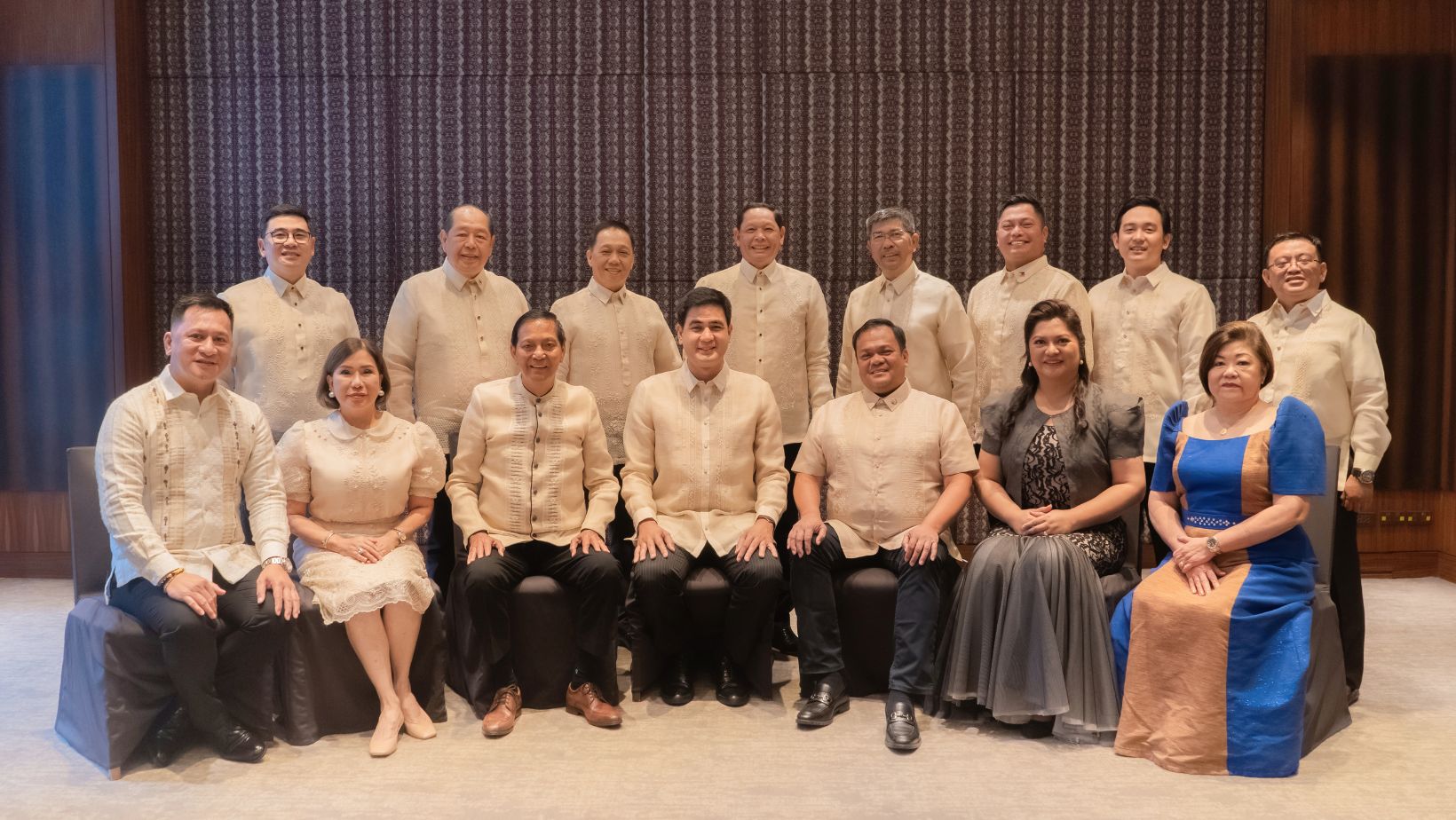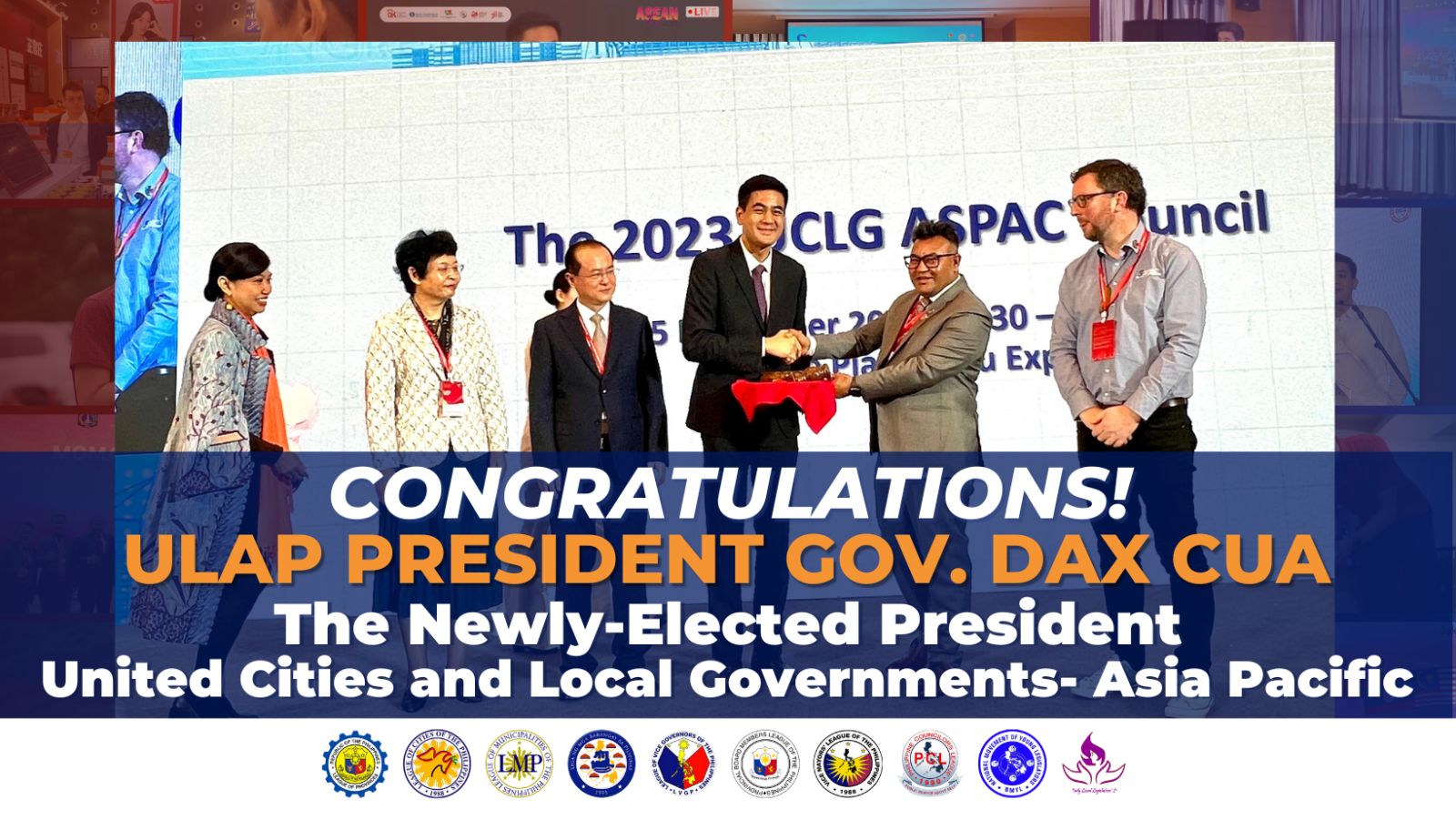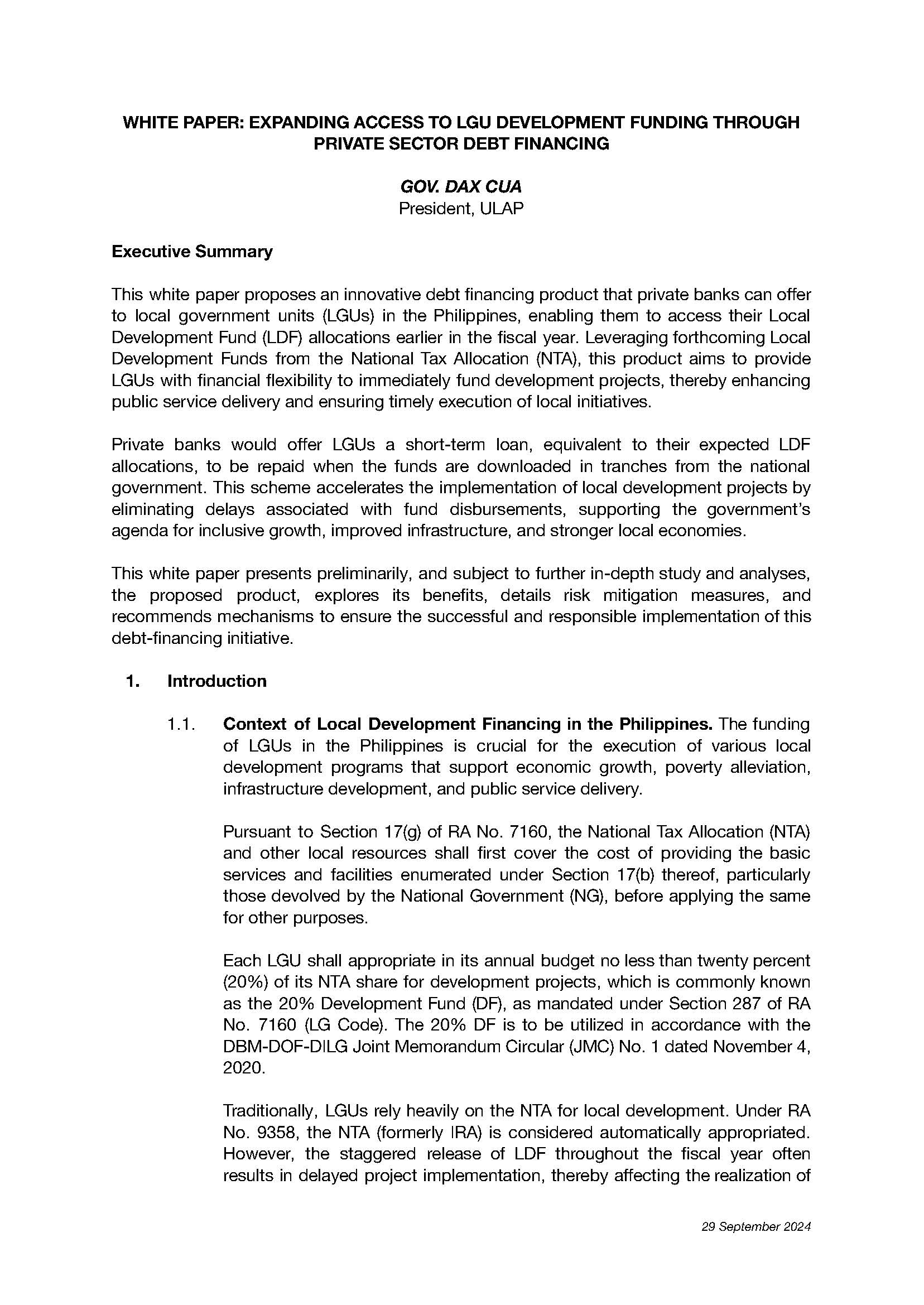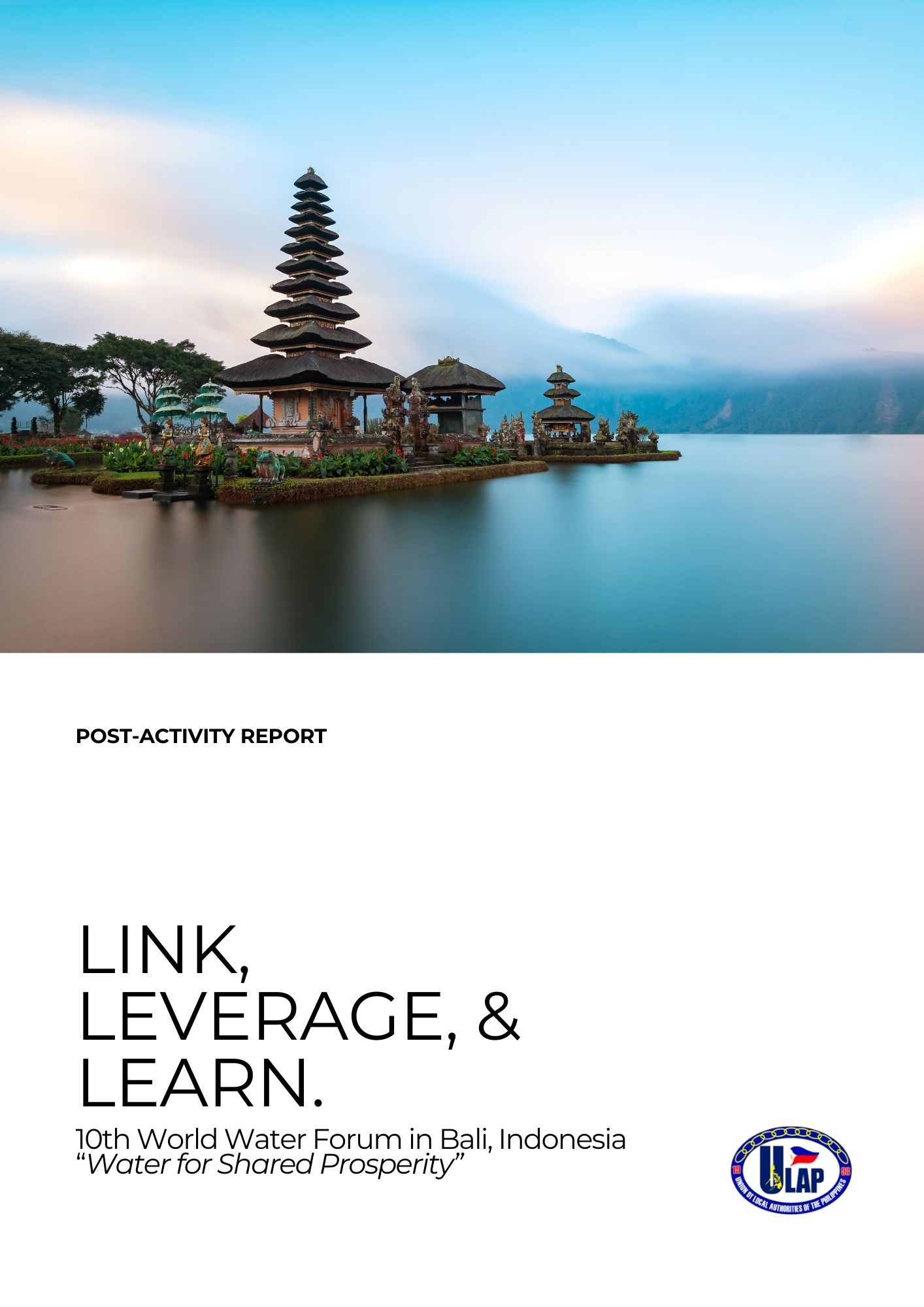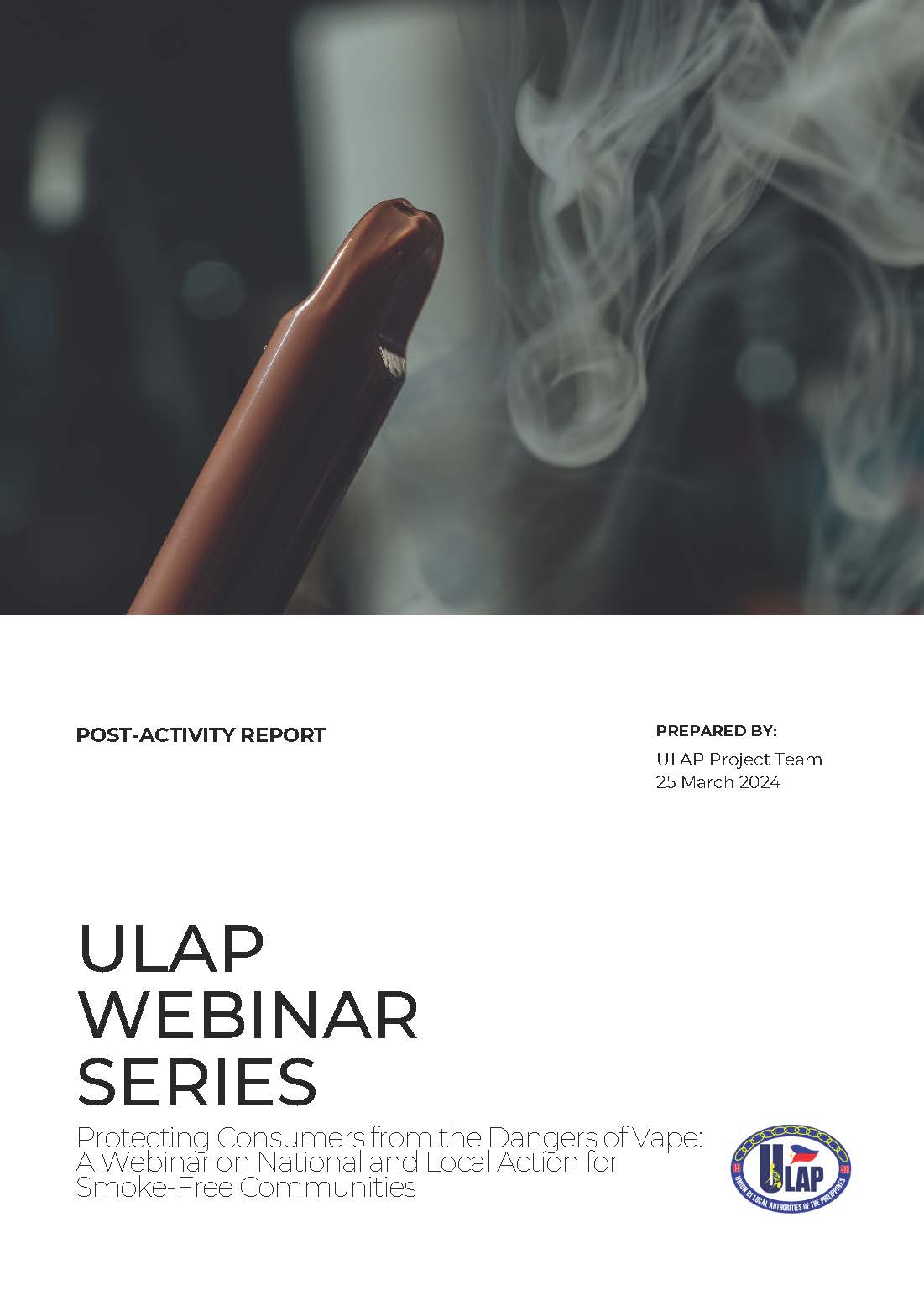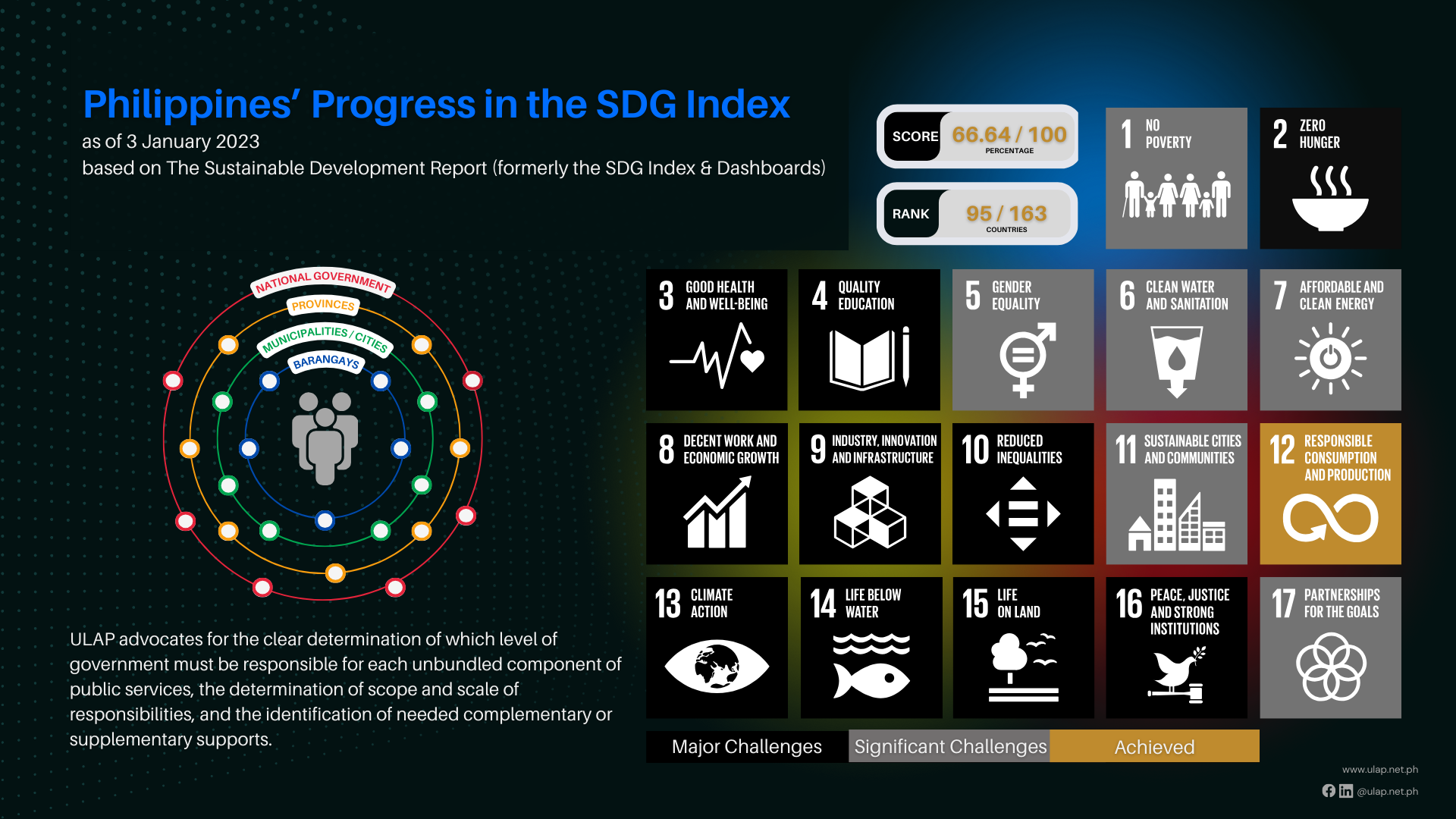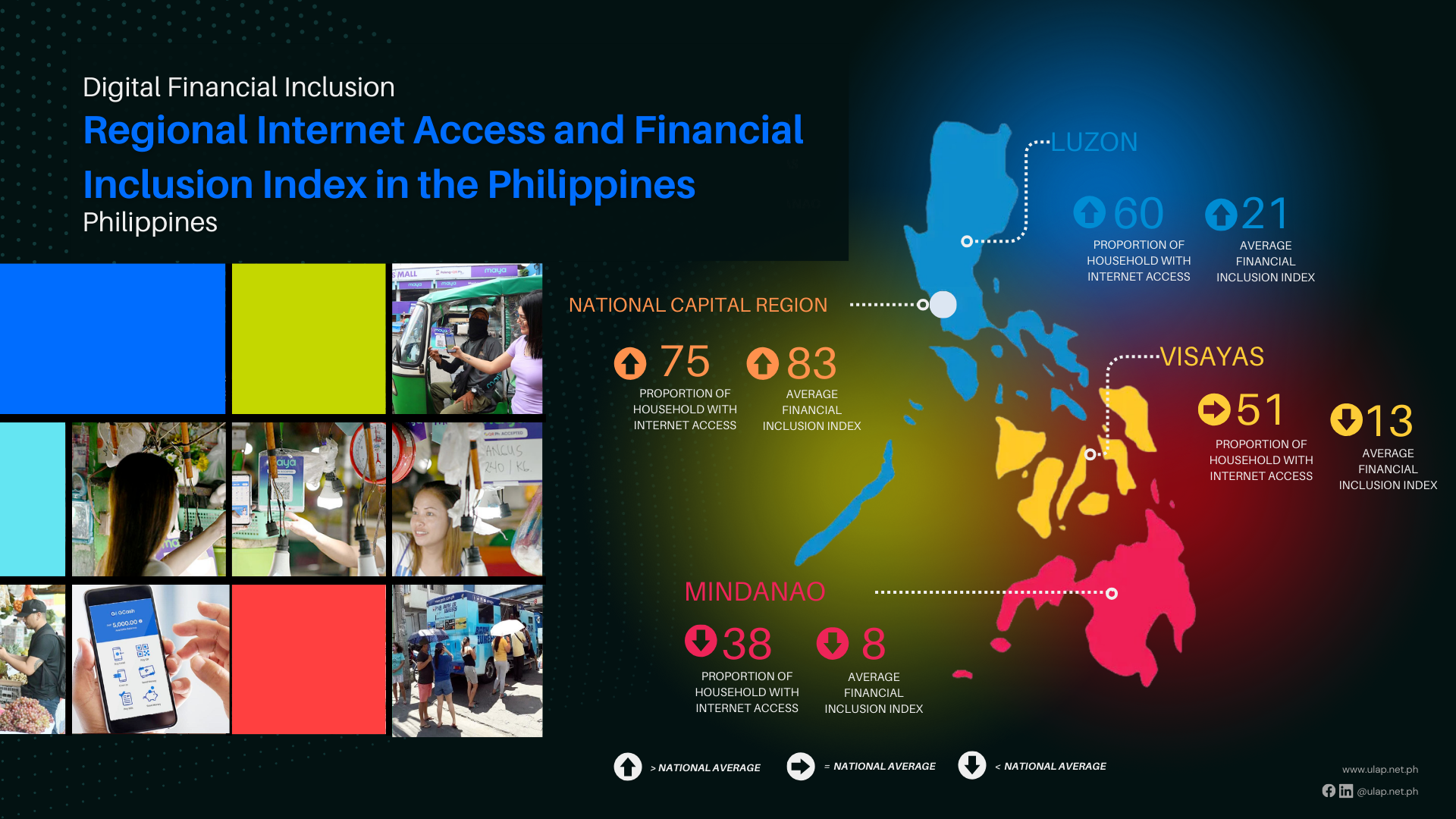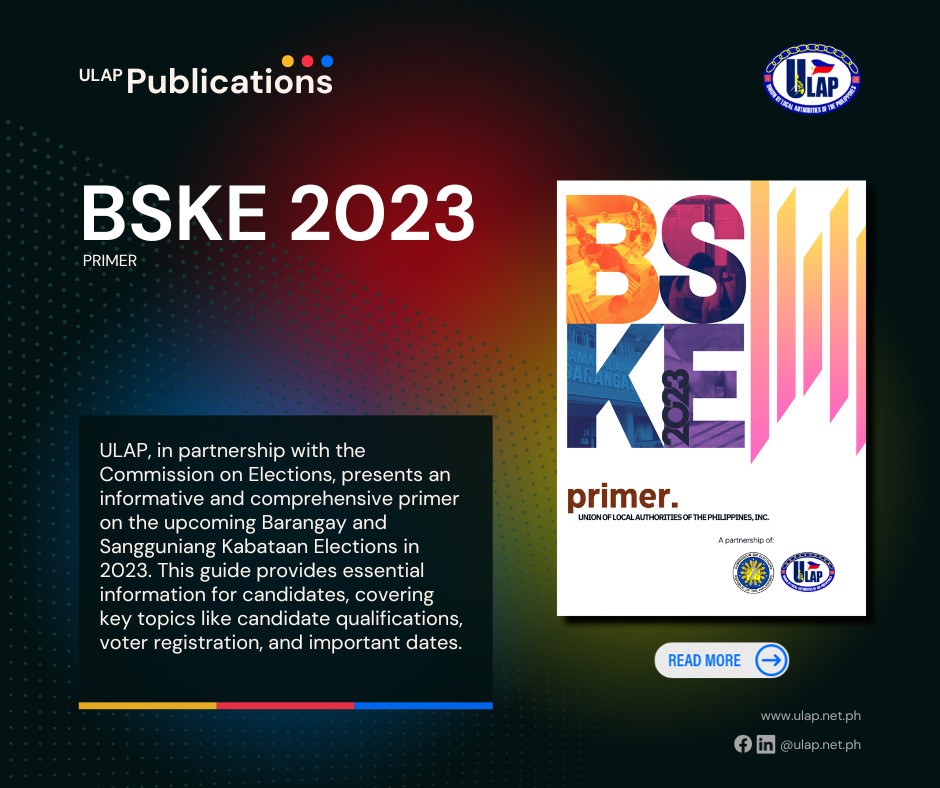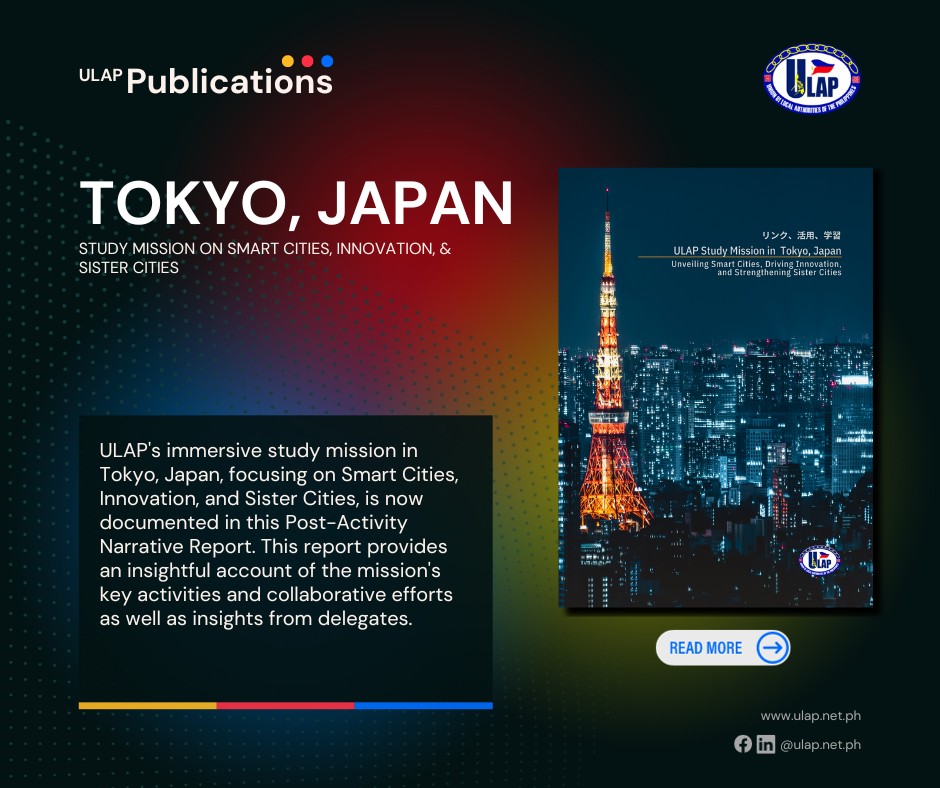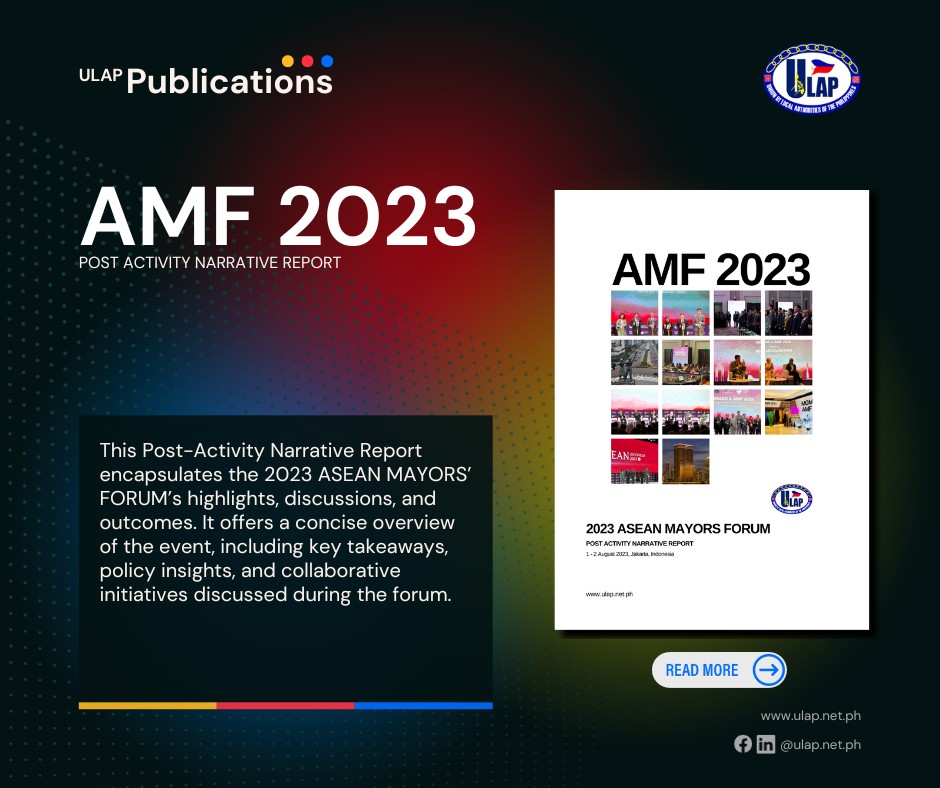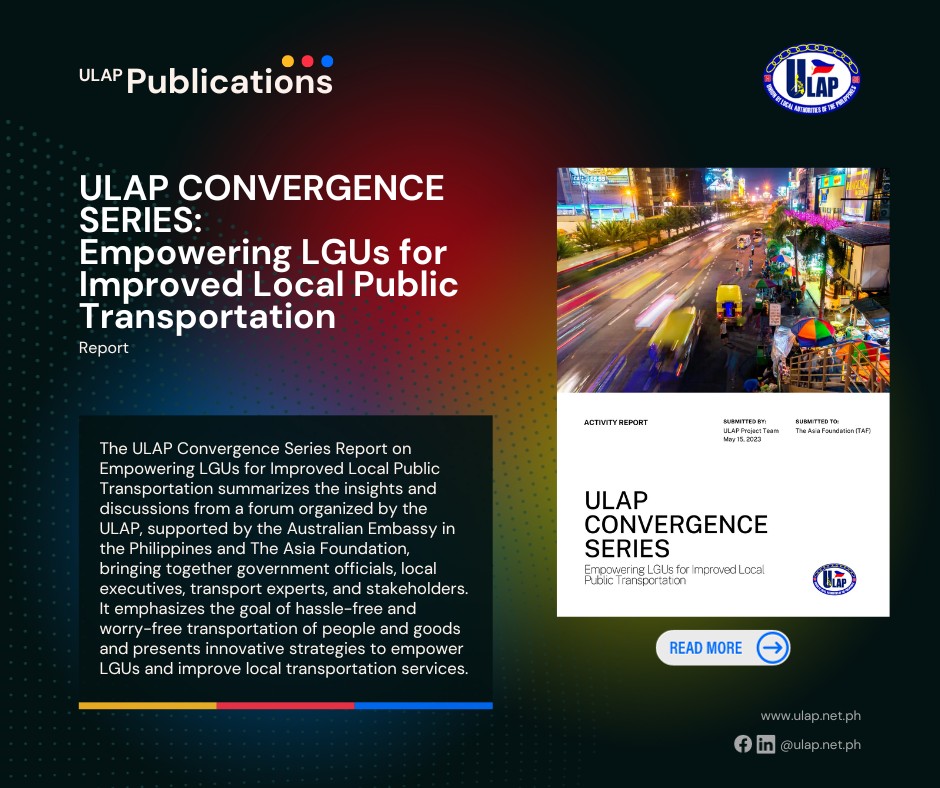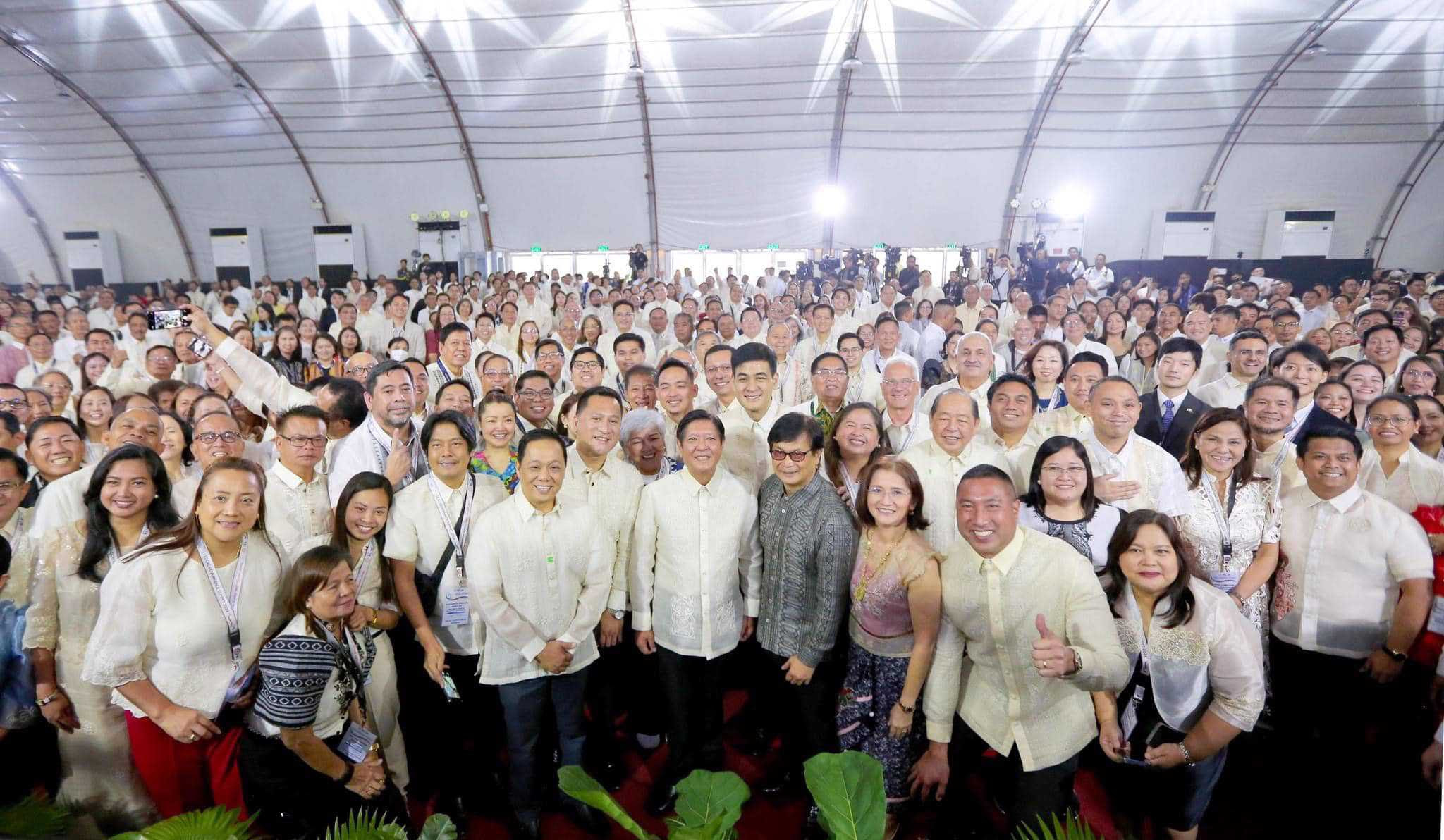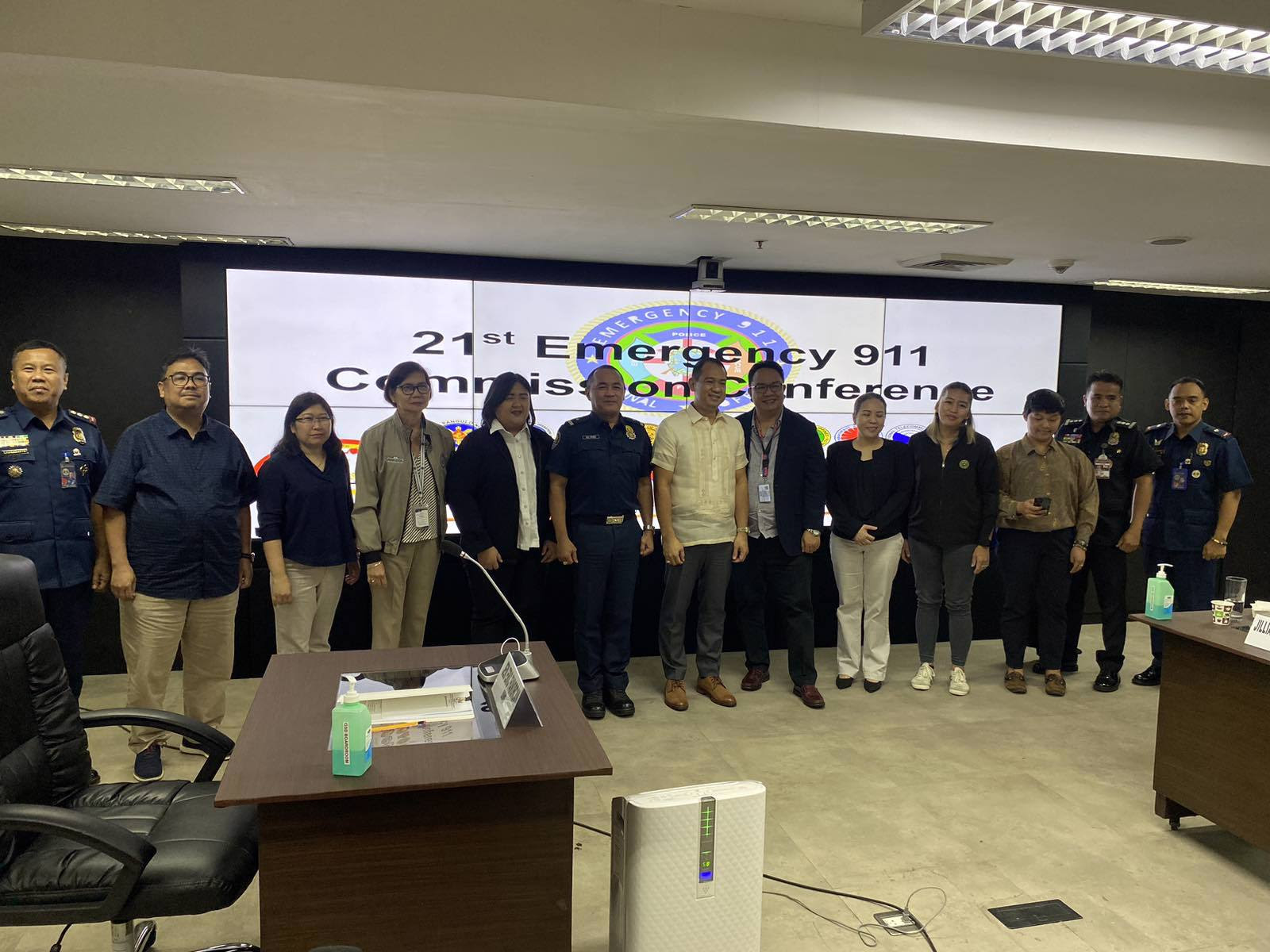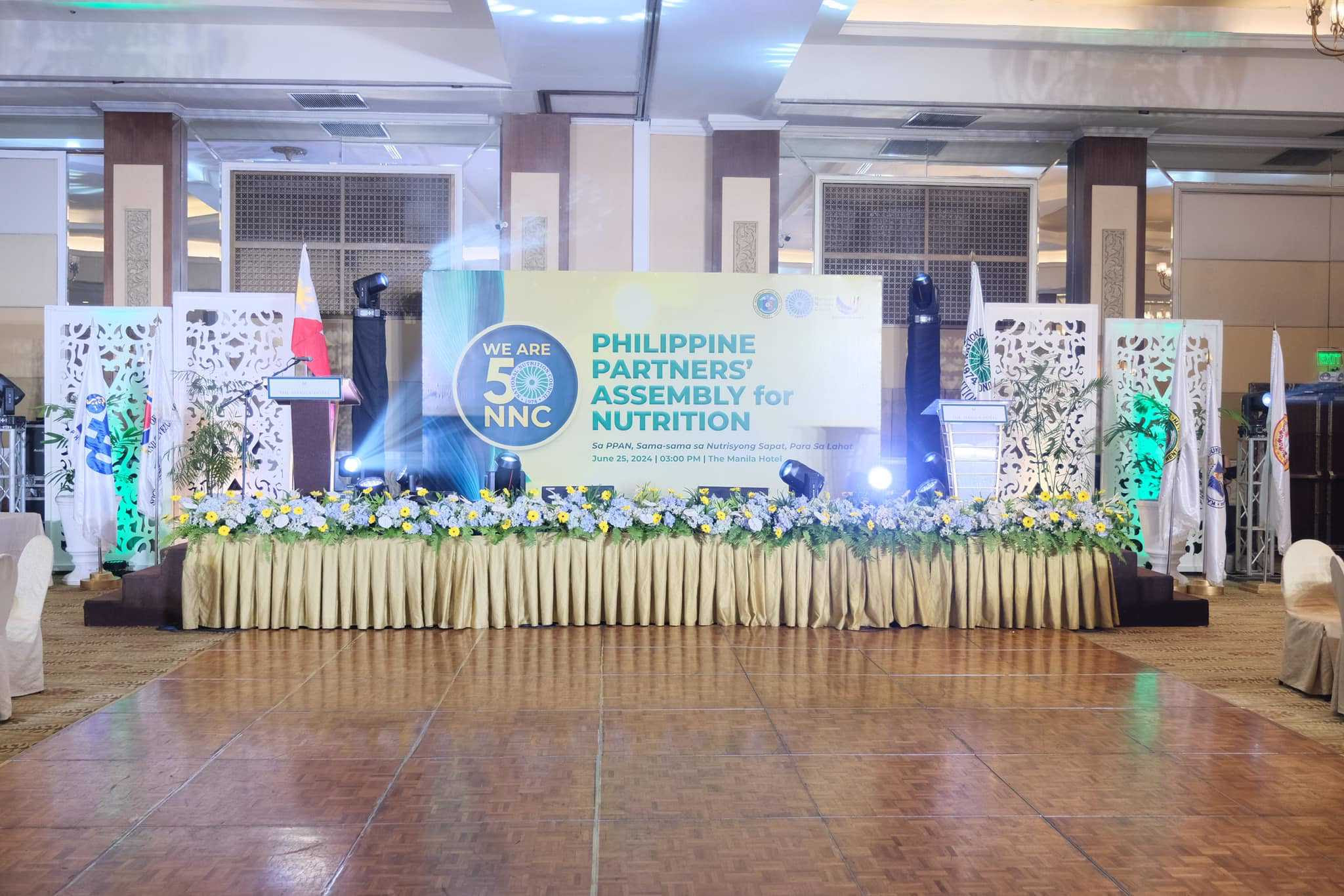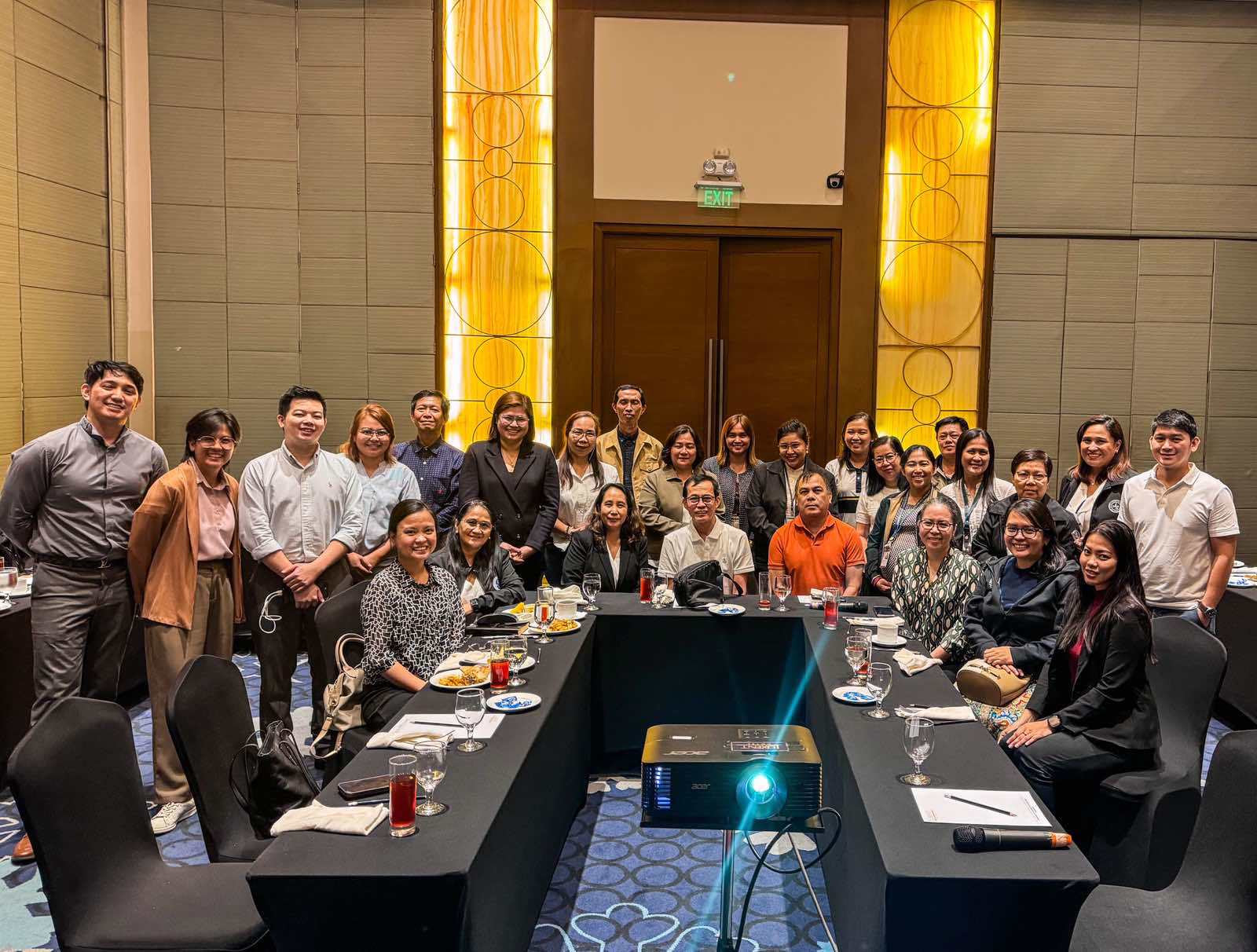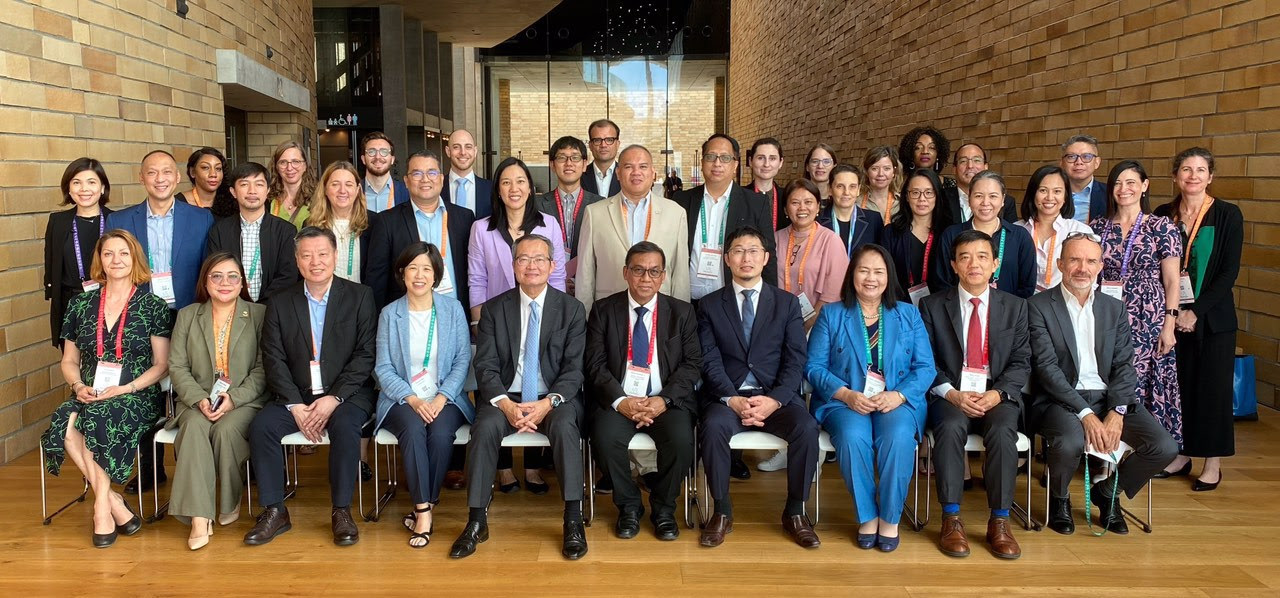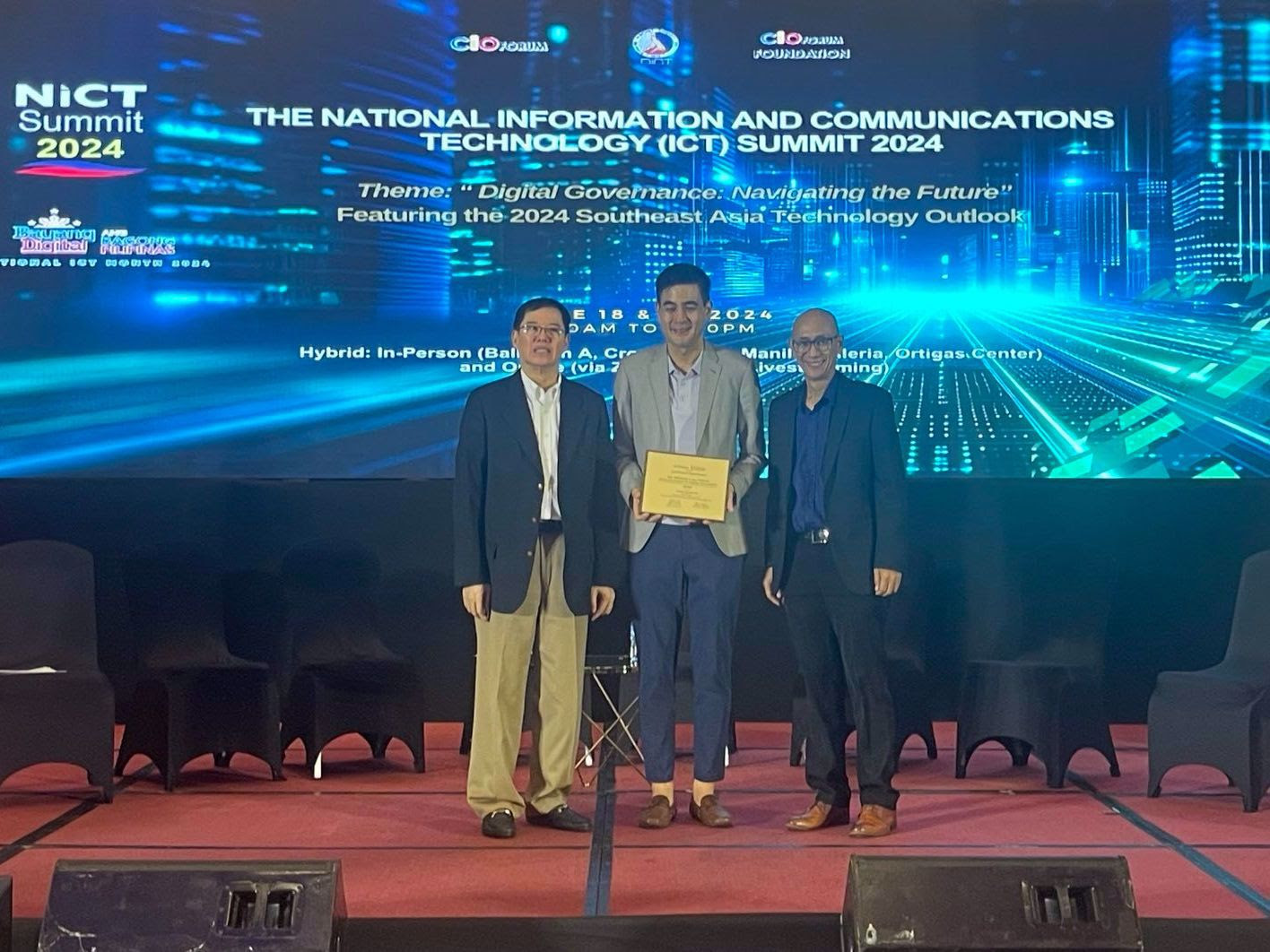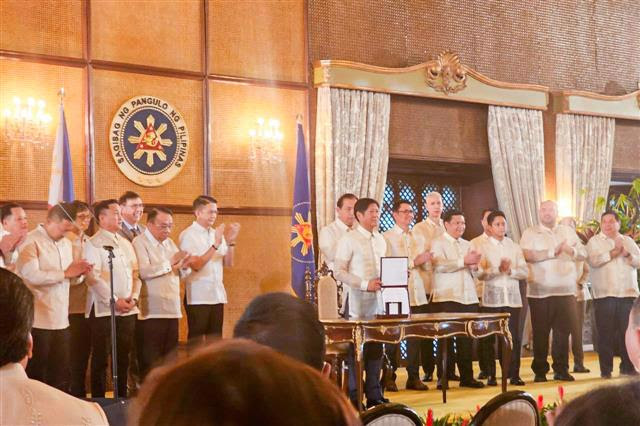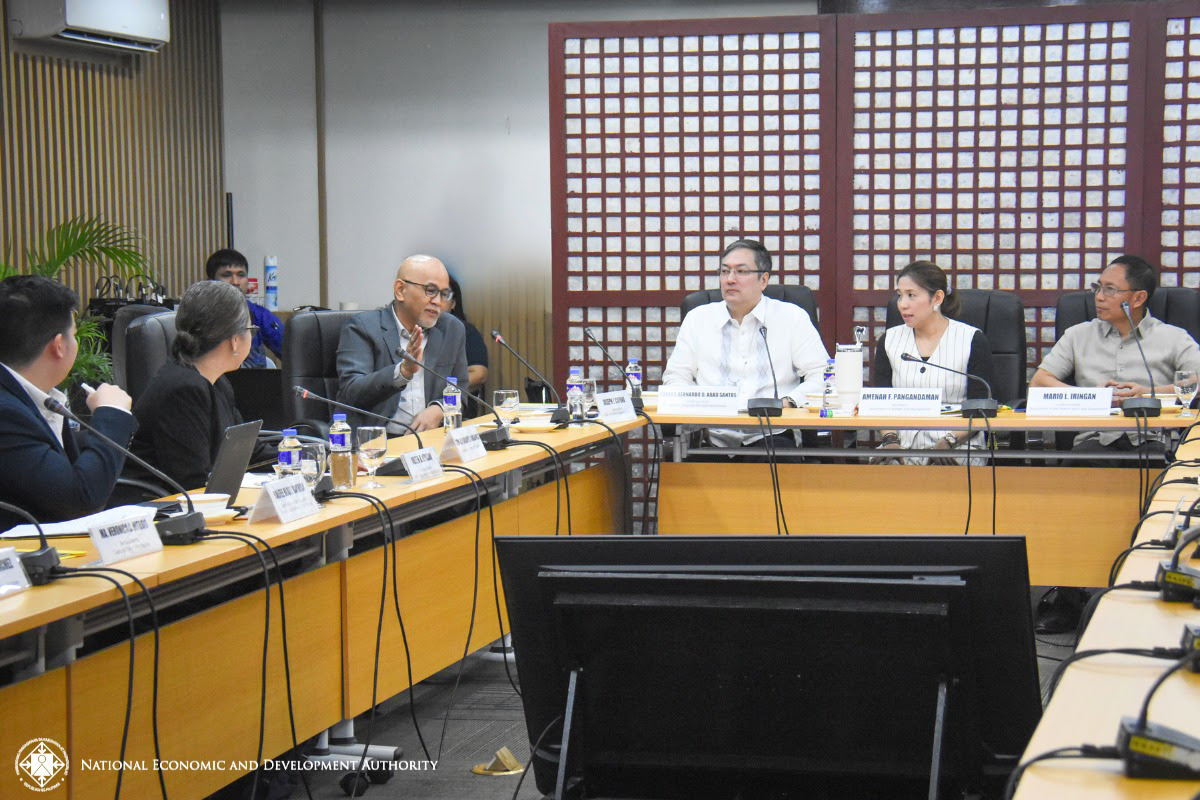Issues and Critical Actions in Local Governance
 Republic Act 7160 otherwise known as the Local Government Code of 1991 (henceforth, LGC, or “the Code”) is one of the major milestones in governance reform in the Philippines.
Republic Act 7160 otherwise known as the Local Government Code of 1991 (henceforth, LGC, or “the Code”) is one of the major milestones in governance reform in the Philippines.
It provided the overarching framework for local governance by introducing the concept of decentralization; laying down the foundations for increased local autonomy and accountability; and, opening the democratic space for citizen participation. The Code re-structured central-local government relations and provided the process of devolution by conferring power and authority to local government units (LGUs) including the assigning of service delivery, expenditure responsibilities, and revenue mobilization powers from the provincial down to the barangay governments.
Indeed, the LGC caused positive developments, particularly in the aspects of service delivery and citizen participation due primarily to the opportunities made available to LGUs.
This paper posits; however, that the benefits derived from the Code are still limited particularly in terms of national and local outcomes, equitable and sustainable development, and inter-local as well as national-local cooperation. The benefits cannot be maximized because of the issues and challenges intrinsic in the Code along with the political-economic conditions that were not considered during its passage. As a result, more than two decades after the passage of the Code, LGUs and development partners continue to face issues and challenges most of which are inherent in RA7160 and its failure to adapt to the changing needs of the time.
To support these claims, the paper conducted a review of the studies and proposals undertaken to amend the Code, including the bills currently filed in the House of Representatives and the Senate. The paper also made use of the technology of participation and gathered various stakeholders in a workshop to identify priority amendments and come up with recommendations on how to move forward. The results of the reviews and the workshop are presented in latter sections of the paper.
Lastly, the paper investigated the challenges why amendments to the Code are stalled and provides workable recommendations on how to overcome these challenges.

